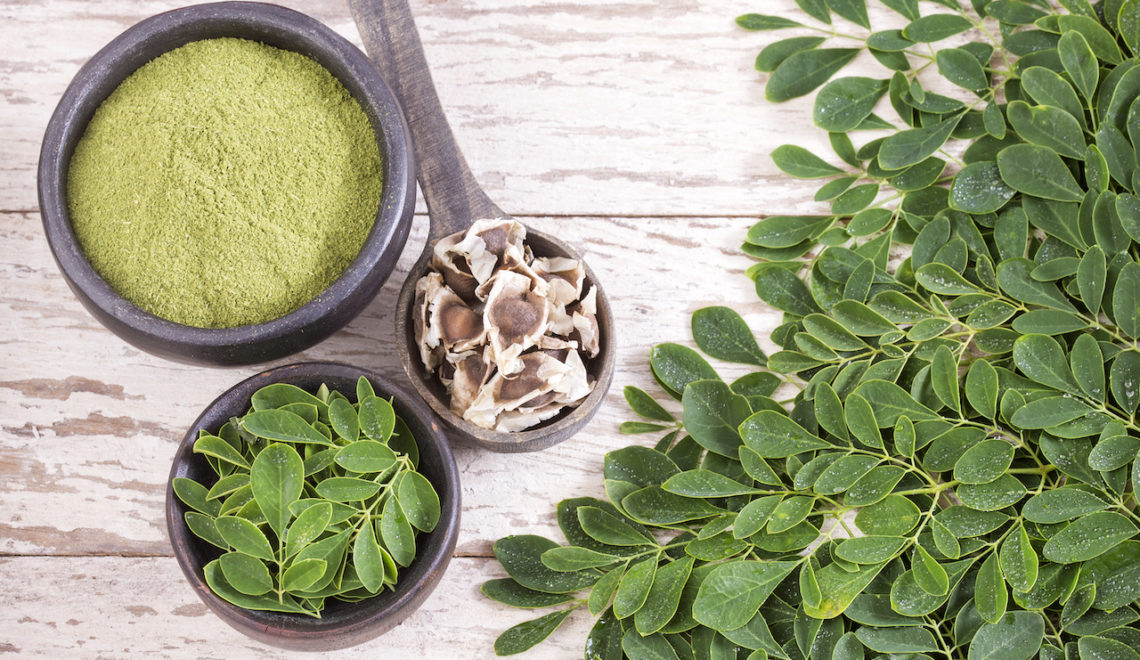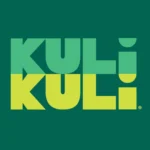
From August through September Kuli Kuli will run a Supplier Spotlight Series to share specific stories about Kuli Kuli’s suppliers around the world.
What if there was a way to solve world hunger, reduce the effects of climate change, and alleviate poverty, just by changing the way we look at food?
The FDA thinks there is. In the US 40% of food grown is wasted due to supply chain inefficiencies and because it doesn’t meet retailers cosmetic standards. That’s enough food to feed 84% of the population and is the biggest component of US landfills according to the Environmental Protection Agency.
Image Credit: Misfit Juicery
The FDA put forth a call to action: reduce food waste by 50% by the year 2030. One of their key strategies for reaching this goal is getting consumers to eat ugly produce. That’s right, they want consumers to change the way they view the color and shape of food to help reduce food waste and protect the environment. Any produce with a small imperfection or blemish is usually rejected by retailers and consumers in a quest for unattainable produce beauty standards.
In the past decade, innovators and entrepreneurs have responded by creating second hand markets for imperfect produce, from subscription platforms such as Oakland’s Imperfect Produce, to juice companies like Washington D.C.’s Misfit Juicery. Kuli Kuli Foods works specifically with their local cherry supplier to source “ugly” cherries that otherwise would not be sold as fresh produce at retail.
On a visit to Sunrise Fresh Farm in Stockton, California the Kuli Kuli Operations Team learned how to spot ripe cherries to pick and how to carefully remove the stem from the tree to avoid any bruising. In under forty-eight hours the unbruised and best-looking cherries are packaged and processed to be shipped across the country. As for the cherries that don’t meet the top appearance standards, they will be dried and sold as a healthy snack or an ingredient for other products.
The Kuli Kuli team with Sunrise Fresh Director of Operations Jake Samuel.
Sunrise Fresh is owned and operated by cherry farmers spanning over the past 3 generations. They began supplying Kuli Kuli with cherries in 2015, after Kuli Kuli Chief Operating Officer and co-founder Valerie Popelka noticed the Sunrise Fresh brand while shopping in Costco, and decided to give them a call. Kuli Kuli’s account manager, Jake, learned how to grow cherries from his father, who was taught by his father. Jake and his family have a deep love and knowledge of their land and appreciate and respect the art of cherry farming. They talk about cherries as though the fruit is another member of their family. Jake showed us how to pick properly, walked us through the fields of cherry trees while we were all filling our pockets with cherries right off the tree.
Kuli Kuli buys the imperfect dried cherries for their Moringa Superfood Black Cherry bars which contain less than six ingredients and half a cup of leafy greens. By purchasing imperfect ingredients, food waste is kept out of landfills, resources are more properly allocated, and Kuli Kuli is one step closer to nourishing you, and nourishing the world.
Written by Jessica Kaufman, Social Media & Community Management Fellow at Kuli Kuli














Tring to contact someone in your company to supply my company with large quantities of organic moringa .our mission statement are very similar greenhill super meal. com